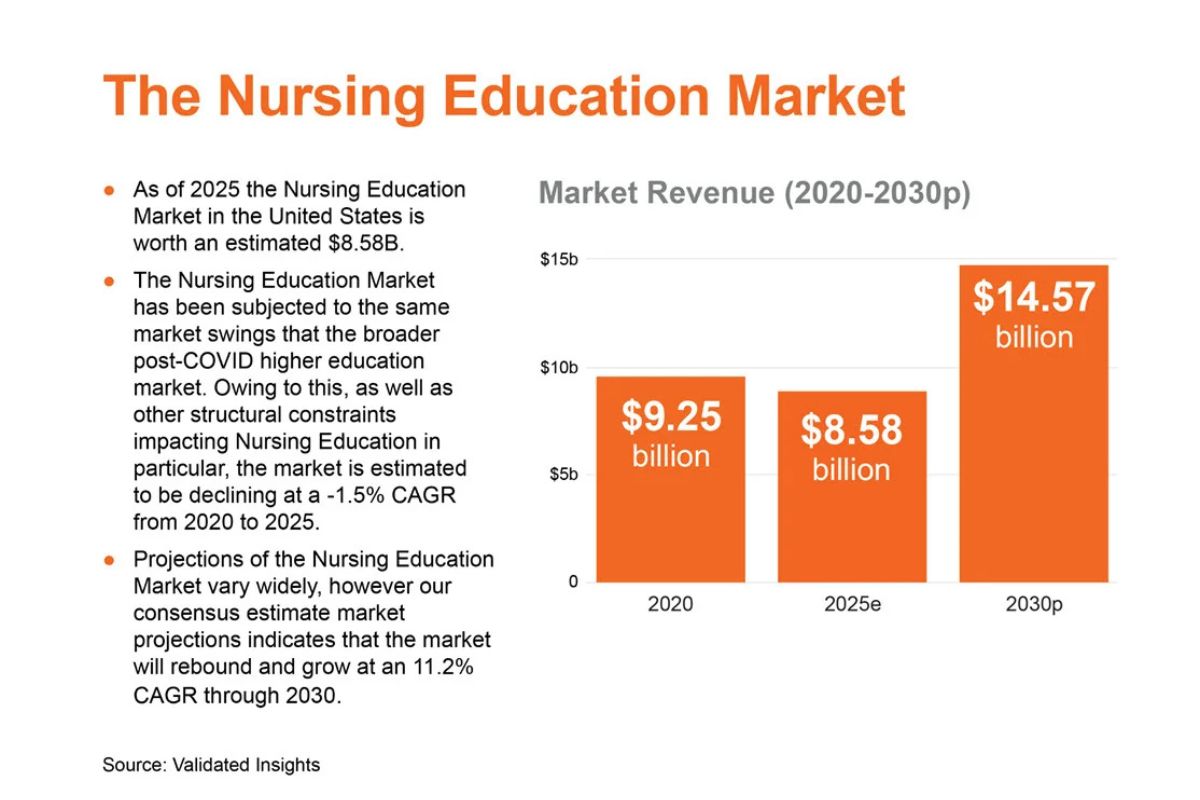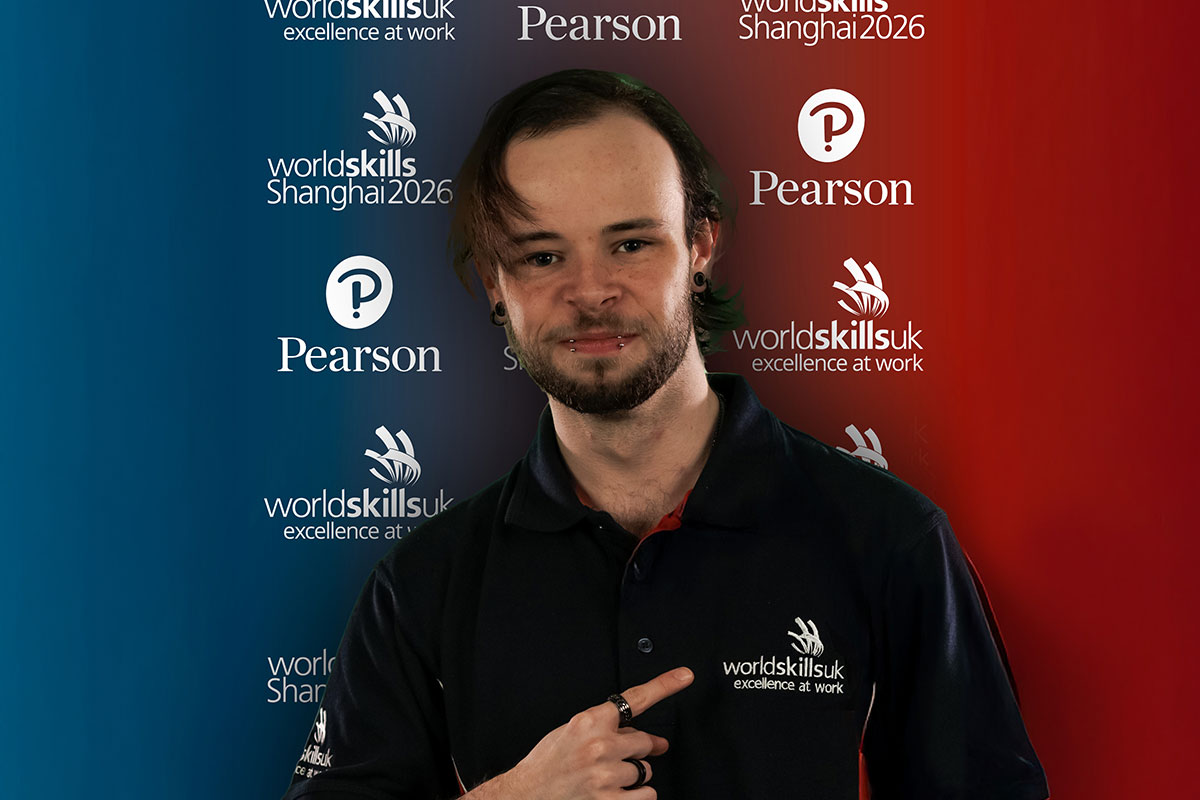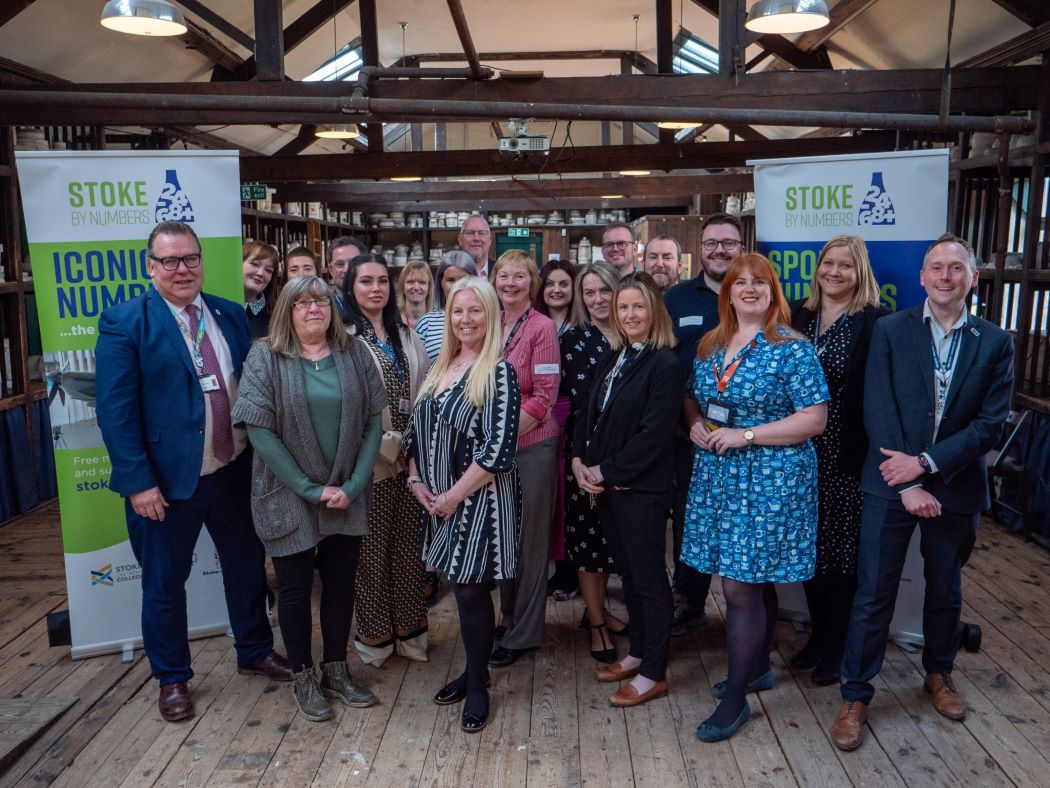Universities and colleges should put ‘shoulder to the wheel’ to help improve school attainment

The director for fair access and participation at the Office for Students (@officestudents) will today (8 Feb) call on universities and colleges to work much more closely with schools to improve exam results.
In the first of two major speeches in his new role this week, John Blake will also say that universities and colleges should do more to ensure that students from disadvantaged backgrounds are supported through their studies to ensure they are well prepared for life after graduation.
John Blake will address representatives of universities and colleges at an OfS event today [Tuesday].
In his speech, he is expected to say:
“If we are at all concerned with equality of opportunity in accessing higher education, we must be concerned with improving attainment much, much earlier in life.
“The attainment gap between disadvantaged pupils and their peers opens almost as soon as they are born – it manifests in words learnt before children enter nursery, the speed of achieving fluency in reading in early primary, then vocabulary, numeracy, oracy and more in upper primary, and secondary, it is clear in statutory assessment results and especially GCSE outcomes.
“And despite clear and remarkable improvements in the quality of schooling in the past twenty years, that gap remains wide open throughout life.
“Universities and colleges have a moral duty to put their shoulder to the wheel of improving that wider community they sit within, and as both educational and civic institutions, improving attainment in our schools is an essential part of that work.
“But they should not assume this duty falls to them alone – of course it doesn’t. We are asking providers to seek out strategic, enduring, mutually-beneficial partnerships with schools and with the third sector, all working together to contribute to this work. But we are expecting providers to pull their weight on pre-16 attainment, a challenge which affects us all.”
Universities and colleges must do more to support students from disadvantaged backgrounds, rather than focus solely on their recruitment
“I have heard more often than I would like that students feel their providers fell over themselves to bring them into higher education, but interest in their needs trailed off the moment they were through the door.
“Our data makes clear these are not isolated experiences. Students from disadvantaged backgrounds have often overcome significant obstacles to get to university. It cannot be right that those students’ entry to higher education is used to polish the laurels of providers who are consistently and persistently not delivering on the quality of teaching and support those same students need to thrive in higher education, and succeed after graduation.”
If providers believe there is a trade off between access and quality, they should be ashamed of themselves
“I absolutely reject any suggestion that there is a trade off between access and quality. If providers believe the regulation of quality justifies reducing their openness to those from families and communities with less experience of higher education or who have travelled less common, often more demanding, routes to reach them, they should be ashamed of themselves.
“They should also be under no illusion that every power the OfS has, including removing providers’ access to higher fees, will be deployed to ensure providers abide by their responsibility to improve access, participation and quality.”
Sector Response

Higher and Further Education Minister Michelle Donelan said:
“It is a well-worn truth that opportunity has its roots in the early stages of education – which is why to truly champion widening access universities must work with schools and help ensure that disadvantaged pupils are not left behind their peers.
“Real social mobility is about more than just getting disadvantaged students through the door – it’s about supporting them with high-quality courses which guide them towards a skilled career and successful future.
That’s why last year I asked universities to reboot their access plans to work more closely with schools to boost attainments, to cut drop-out rates and to boost progression into high-paid, high-skilled jobs”.
Kevin Gilmartin, Post 16 Specialist at the Association of School and College Leaders, said:
“We fully agree that universities should do more to support disadvantaged young people progress into and through higher education.
“The question is exactly what this comprises. It could take the form of them working more closely with schools and communities to give students a greater insight into higher education and help them navigate the best routes for them.
“What will be important is an understanding of what approaches are effective. As it stands, far too few disadvantaged young people progress to university compared to those from more affluent backgrounds, and this is particularly stark at the most selective institutions.
“Going to university is not the only route available – apprenticeships also provide excellent opportunities – but the gap between rich and poor is a proxy for a deeply unequal society.”
Leora Cruddas CBE, chief executive of the Confederation of School Trusts said:
“It is fundamentally important that higher education providers work with the schools sector to improve outcomes for young people and create strong pathways into high education. Many universities are developing their ‘civic university agreements.’ Likewise, CST believes that School Trusts are civic structures. There is strong synergy between the civic work of universities and that of school trusts. This is an important moment for universities to build strong relationships with the trust sector and embed these in their civic university agreements to ensure wider social value.”
Ed Vainker, Co-Founder of Reach Academy Feltham and CEO of the Reach Foundation, said:
“Raising the attainment of young people early in life is essential for improving their chances of accessing and succeeding in higher education. We are already working closely with universities to share knowledge and expertise in a joined up, strategic way, and I am delighted to see that the OfS is pushing for more to be done.”
What next for fair access and participation?
On Thursday (10 Feb), John will speak at his first external speaking event, “What next for fair access and participation?” an Impetus event followed by a panel discussion and Q&A session.
John’s speech will be followed by a panel discussion and Q&A with perspectives from the school, university, and third sectors and, crucially, a young person, on how we can put into practice the DfE and OfS focus on collaboration and raising education standards to support more young people on the path to success.
Date and time: Thursday 10 February, 16:00 – 17:15











Responses